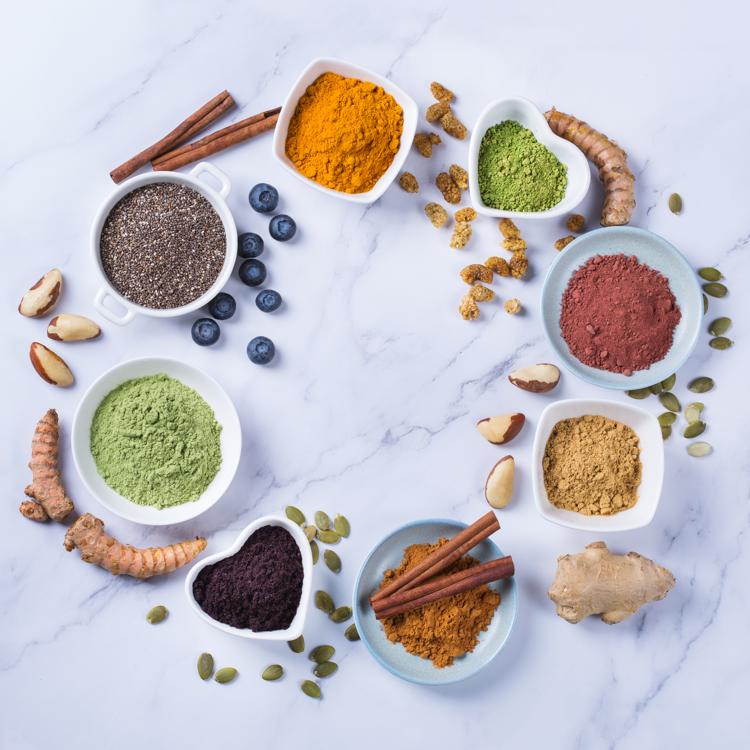You know that feeling when you swim a lap and feel like the water has drained all your energy? Or when you return to the football field after two weeks and it becomes a struggle to constantly run through the length and breadth of the field trying to strike that one goal, something which you could manage easily only two weeks prior. Imagine that feeling of fatigue, weakness, muscle weakness, multiplied by 100 and that is precisely what Covid-19 patients are undergoing.
When a body becomes weaker, it becomes harder to accomplish simple tasks that once seemed easy, like getting up from a chair, walking to the kitchen to get a glass of water or taking a courier from the postmaster at the door.
With an increase in effort, the body needs more oxygen, which can often be a big problem. Imagine trying to cook without any gas in the cylinder. Decreased blood oxygen levels, a condition known as hypoxia, can leave the muscles starved and can be dangerous when left undetected for too long.
Muscular weakness can contribute to physical, mental, and cognitive difficulties. These lasting challenges often have a profound impact on people who have just recovered from a bout of the virus.
“Covid-19 taxes the body and depletes it of nutrition, immunity and strength. The recovery period should include a proper healthy and balanced diet to gain strength,” says Manisha Chopra, Nutritionist, Dietician and Fitness Expert.
In such times, it becomes all the more important to have a nutrient and supplement rich meal regimen that would help speed up the recovery. Coronavirus patients undergo a ton of stress and the medicines prescribed can debilitate the body. A few patients additionally experience unexplained weight reduction or weight gain. Thus, a well-organized eating regimen loaded with organic products, vegetables, eggs and safe poultry would compensate for the lost appetite and help regain strength.
Neha Pathania, chief Dietitian, Paras Hospitals, Gurugram, says, “Post COVID-19 infection, feeling tired or lacking energy, breathlessness or lack of stamina after performing your daily activities have become quite prominent with many.
Sufficient intake of certain herbs, vitamins and minerals through your diet can help in treating muscle weakness. Minerals like iron, calcium, potassium, and magnesium have important roles in improving the strength and functioning of your muscles.”
When the human body is fighting an infection it needs more energy and more fluids; therefore it is imperative to eat and drink more than you would usually do if you were well. The body needs more building blocks (from protein foods) to support the immune system and help repair the body tissues during recovery. Vitamins and minerals help these processes along.
Aditi Sharma, Dietitian, Columbia Asia Hospital, Ghaziabad, says, ”Protein is an important nutrient for the growth, development and repair of muscle and body tissues. It has a higher metabolic rate than fat, so an individual can burn more calories. It is also said to increase satiety, which prevents a person from overeating. Healthy sources of protein include nuts and for non-vegetarians lean chicken, fish and eggs.”
The virus and the resulting inflammation damages the lung tissue. As a result, the patient’s lung function may dramatically decrease. When the lungs cannot properly fill with air, the rest of the body suffers from reduced oxygenation. This leads to fatigue and weakness, even with the slightest physical effort.
Sharma further suggests incorporating yoga and meditation that would increase the body’s strength and ability to handle stress after being affected by COVID-19.
Anil Khandelwal, Health and Wellness Expert suggests incorporating certain herbs or spices that will help to strengthen the immune system and help post recovery. He says, “Ginger has anti-inflammatory properties that help in removing toxins from the respiratory tract. Another herb is Tulsi or basil , which is a powerful germicide because of the goodness of phytochemicals and antioxidants. It can effectively locate germs, viruses and bacteria whenever they enter your body and destroy them. Chew a few leaves first thing in the morning, or add a few drops in boiled water or your food and you are good.”
Nutritionist Shikha A Sharma from Fat to Slim encourages the readers to try a simple kadha recipe. In these testing times, start your morning with Covid immune drink – take 5 glasses of water, add one teaspoon of turmeric, half teaspoon of coriander powder, half teaspoon ginger and half teaspoon of mustard seeds, boil it and take it thrice a day.”
Deficits in breathing, moving, and thinking can take a major toll on your personal and professional quality of life long after the virus leaves your body. If you are struggling with daily functions after COVID-19, follow these simple points.
1. Stay physically active and keep yourself positive
An individual must do some form of physical workout to keep themselves healthy and positive. Indoor exercises are recommended.
2. Stay hydrated
Drink plain water instead of sugar-sweetened and canned beverages. It is a simple way to limit intake of sugar and excess calories.
3. Follow safe food handling practices
Keep your hands, kitchen and utensils clean and sanitized. Wash whole fruits and vegetables in 50 ppm chlorinated water or salt water or running water.
4. Segregate the food
Separate raw and cooked food and cook food thoroughly
5. Include fruits
Include 3 to 4 servings of fruits in the diet. Prefer citrus fruits like mausami, oranges, grapes, pineapple, kiwi, strawberries to prevent illness and make the immune system stronger.

6. Vegetables
Include broccoli, carrot, beetroot, bell peppers, spinach, mushrooms, and brinjal in your diet by making soups, salads, steamed pulao, seasoned with traditional herbs
7. Nuts and Seeds
Include almonds, walnuts, chia seeds, flax seeds, and sunflower seeds as snacks. Fenugreek seeds can be added as tempering. All these can be consumed as smoothies and salads. One can also have curd and toasts or can soak the seeds overnight in a glass of water.




